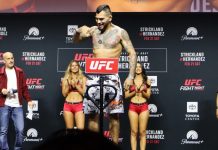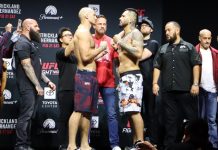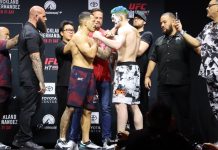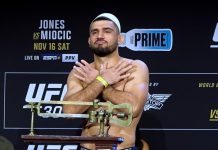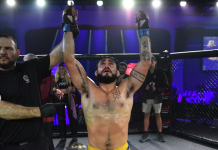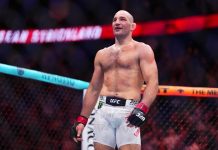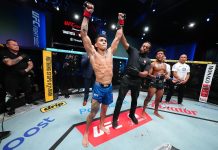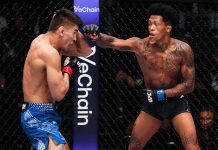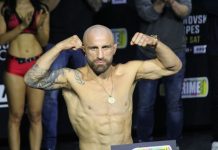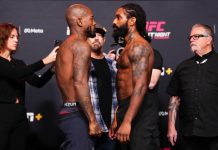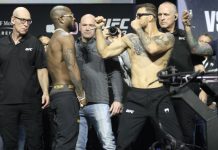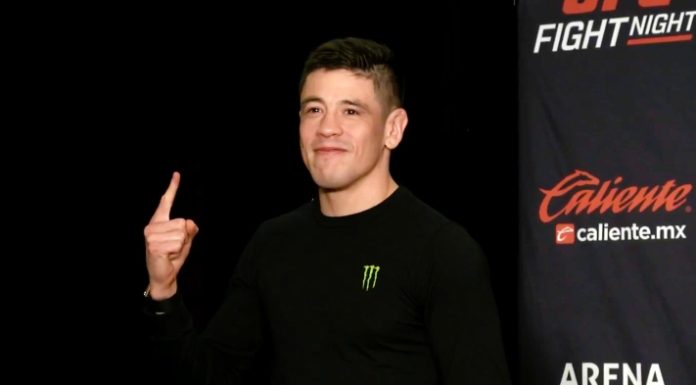
Older fighters sticking around longer, younger athletes taking early retirement: just what does age mean for an MMA fighter?
There is a strong glass ceiling when it comes to age for any athletic career, even in MMA. Most athletes start out at a very young age and then proceed to reach their peak around the mid-20s before getting placed in brackets based on their skill level and effort. It is around the early 30s when they start seeing a decline and by the late-30s most usually lose their place within their sport. This pattern is followed by most sports around the world, with very few elite athletes breaking this age barrier.
How this impacts MMA is rather interesting. Let’s take a close look at the current UFC champions. All 3 women champions come in the age gap of 30 to 31 and out of the 7 male champions 5 come in the age range of 30-32, with Max Holloway (27) and Stipe Miocic (37) being the only two not coming in the span. However, with time the sport has shown that it doesn’t adhere to the strict rules of most regular sports.
Fighters have very frequently defied the factor of age in the sport of MMA. Starting from Marion Reneau in the women’s bantamweight division to Daniel Cormier in the heavyweight division, almost every weight class has seen great fighters come in from the age group of the mid-30s. In fact, the next women bantamweight title challenger, Germaine De Randamie, is 35. Dan Henderson, Mark Hunt, and others remained competitive into their 40s. So when the 41-year-old Francisco Trinaldo managed to defeat the younger Bobby Green at UFC Sao Paulo over the weekend, it didn’t come off as a huge surprise. Just months ago, fans saw a 42-year old Demian Maia submit a rising younger prospect in Anthony Rocco Martin.
However, as Trinaldo entered the fight representing the idea that growing older doesn’t affect your performance in MMA, Bobby Green had an altogether different narrative around him. He was coming in after a brief break in which he had announced his retirement. He was 32 when he had announced his this decision. A move like this isn’t very surprising, but there might be a bit of concern when you see a trend of young fighters considering early retirement.
Former strawweight champion Rose Namajunas contemplated retirement after her loss to Jessica Andrade. Former featherweight champion Conor McGregor announced retirement after a loss to Nate Diaz, and several other fighters to have gone on such short-notice retirements only to return later. Ross Pearson just returned to action. Jordan Mein retired early and returned. GSP stepped away in his prime, and didn’t return for four years. Nate Diaz sat out much of his prime (though he never actually called it a retirement). These fighters were relatively young when they walked away.
So on the one hand you have fighters constantly challenging the ceiling of age, whereas on the other you have younger fighters keen on stepping down. What a wacky world MMA can be.
The fight between Bobby Green and Francisco Trinaldo saw a clash of these two extremes. And the result was an amazingly close fight. It also managed to raise interesting questions about the effect of age in the sport. Martial arts, after all, is for most a lifetime pursuit. With so many possible outcomes in a fight, the playing field is leveled. Now imagine how good some of the fighters who retired early might be today, had they stayed active and competed.

